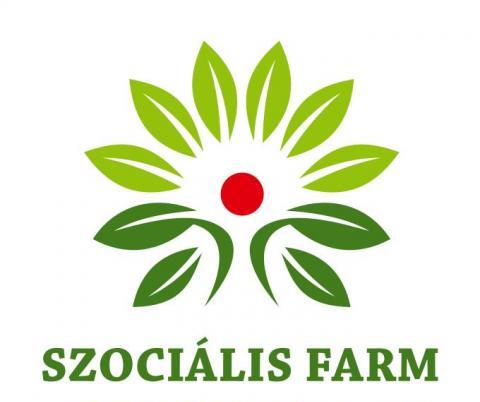
 April 15, 2020
April 15, 2020
The epidemic threat of novel coronavirus (2019-nCoV) caused new hygiene and health regulations by the mid of March in 2020 (date of the article 25th of March). This brought a change in the balance of food supply and demand in Hungary too. Those children, parents and the groups that most exposed to the disease are forced into their homes, and the restaurants, tourism services that are forced to be closed must use new supply channels. The slowdown of the traditional food chains and the obstruction of the availability of products (the slowdown of the supply of Italian, Spanish, North-African, Chinese products is experienced in Europe) incite a part of the consumers to choose local resources, because its supply and quality is guaranteed. However, the dismantling of social relations means the closure and the suspense of traditional food supply chains (such as markets, restaurants and public catering) which causes serious challenges for every member of the chain.
By the end of March producers will have to face more difficulties. Narrowing of sales channels causes problems with the sales issues, but it is important to kBy the end of March producers will have to face more difficulties. Narrowing of sales channels causes problems with the sales issues, but it is important to keep in mind that the workforce needed for harvest is missing, the supply of the essential tools of agricultural machines is stagnated, and the input materials which come through the global chain are running out in the storages. Another serious problem connected to social field is there too: 31% of the producers are older than 65 years old. The harvest of the first vegetables in spring has already started and first strawberries are also coming. The trapping of Easter lamb causes major problems in animal husbandry (the Italian export has nearly stopped) and we still must struggle with the African swine fever. So, it is getting more and more important to find solutions to the national food supply. Citing Rastoin’s (2020 ) words: there are two solutions of the current food supply crisis: one of them is the reterritorialization of the food chain, prefer local materials instead of global chain, the other important move is to strengthen the solidarity of consumers. European researchers of food security talk about finding a way back to locality, strengthening the local products and the direct sales which can be an escape route.
In the following short analysis, we would like to present how the local supply systems can work in this crisis and how we can make it more efficient. The aim is to grant for Hungarian consumers fresh, good quality Hungarian products, and help the producers, members of the local food chain to be able to survive the economic recession. In the study we mainly talk about the possibilities of those small farms that produce into domestic food chains. It is important to note that at the time of the analysis a curfew has not yet entered into force.
Short food supply chains (SFSC) and Food Sovereignty, the importance of local food systems
In the European Union development of local economy, of solving social, environmental problems have gradually become the driving forces of processes. This includes programs for supporting the development of small farms and local communities. Those small farms that produce local products are incite the use of local economic and social resources, the sustainable land use, the formation and development of community relations and the expansion of local livelihood opportunities.
The scale and location of local production means that the local producer considers the environmental sustainability, a protection of environment, because the producer lives there with their children, family and they also consume those products as member of that community. Diversity, the use of varieties is also serving the preservation of local values, but they help to adapt to climate change.
In the past years the emergence of niche market demands, and conscious consumer behavior have become a trend, and this helps the development of local actors. Those social enterprises that can respond to those demands prefer local resources, high-quality raw materials, the needs of the community. It means that they also prefer personality, loyalty, uniqueness, traditions, naturalness, cultural diversity and environmentally friendly production. EU has already recognized these positive effects; the 1st table shows the systematization.
















